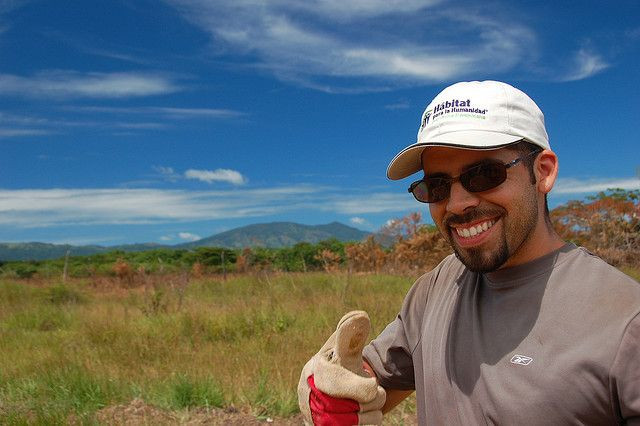People Who Volunteer May Be Happier, Healthier, And Live Longer

Being a scrooge could reduce your lifespan. At least that’s what researchers at the University of Exeter Medical School are saying after reviewing multiple studies that collectively showed that people who volunteered seemed to live longer, healthier, and happier.
Volunteering confers both physical and psychological health benefits. Older adults who volunteered at least 200 hours a year were 40 percent less likely to develop high blood pressure in one study, while another study found that those who gave money instead of spending reported feeling happier.
One weakness of previous research is that some studies are based on self-reports, rather than comparative examinations. Dr. Suzanne Richards sought to make these comparisons. Along with a team of researchers, Richards analyzed 40 studies, which reported data from nine experimental trials and 16 cohort studies.
In a meta-analysis of five cohort studies, they found 22 percent lower mortality among volunteers than those didn’t volunteer. These volunteers were not only less likely to die earlier, but were also less likely to be depressed. Overall, volunteers showed improved well-being and satisfaction with life. Another five trials, investigating the health-related effects of intergenerational volunteering among older adults, suggested improved physical activity and cognitive function.
“Our systematic review shows that volunteering is associated with improvements in mental health, but more work is needed to establish whether volunteering is actually the cause,” Richards said in a statement. “It is still unclear whether biological and cultural factors and social resources that are often associated with better health and survival are also associated with a willingness to volunteer in the first place.”
Attaining better physical health could result simply from getting out of the house more often. Many respondents reported volunteering for altruistic reasons, but the mental health benefits could be diminished if a person ends up volunteering too much, in which case volunteering could be perceived as more of a commitment than an activity.
Many of the studies analyzed were based in the U.S., “where there is a strong history of volunteering and a wide disparity in health … the relevance of the current findings on a nation where health inequalities and volunteering are less prevalent may be questionable,” the researchers write.
Source: Richards S, Lang I, Taylor R, et al. Is volunteering a public health intervention? A systematic review and meta-analysis of the health and survival of volunteers. BMC Public Health. 2013.



























